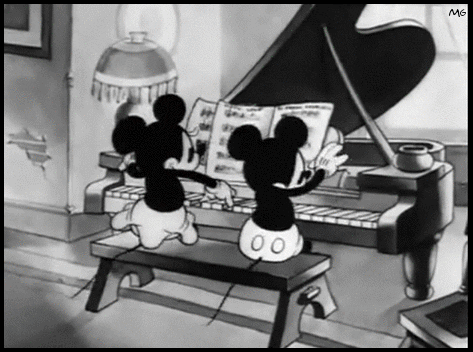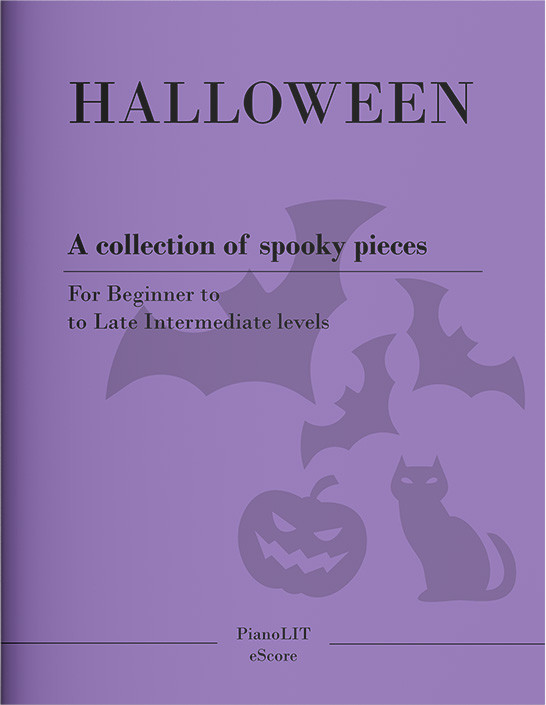6 Steps to overcome the imposter's syndrome in music
Let's talk about imposter’s syndrome and the culture of fear in music: sensations that make you feel you just aren't good enough.
Apr 28, 2019 • 8 min read
6408

Want a heads up when a new story comes out?
Becoming a musician is not easy, it's a path that requires a lot of grit, consistency, and perseverance. Raise your hand if you found yourself saying phrases like: "I have no talent", "I don’t deserve this", "I’m never going to succeed", "If people knew how bad I really am, they’d laugh at me". This feeling that we're not properly qualified is called imposter's syndrome, and it's something that people in any creative field deal with all the time.
Imposter's syndrome was first identified in 1978 by two psychologists, Pauline Clance, and Suzanne Imes after they studied a group of female academics only to find out that many of them felt they weren't deserving their accomplishments.
At any time I still expect that the no-talent police will come and arrest me.
While the name sounds serious, it doesn't actually qualify as a medical disorder but it's rather an internalized dialogue that makes people feel differently from what they actually are. In the musical field, with child prodigies and great masters, this sensation is felt very often.
Side by side with imposter’s syndrome, there is the so-called culture of fear: that sensation that makes you worry about what others might think of your playing. It holds you back during any performance and may stop you from expressing yourself. The more the musician enjoys performing, the more successful the concert. We should transmute the fear of expression into excitement and joy of playing.
When you play, never mind who listens to you.
The trick is to find the balancing point between selling yourself short and being too arrogant. With that in mind, let's look at six useful ways to help boost your own self-confidence and get rid of imposter’s syndrome and fear:
1. Take a look back
Ever thought about keeping recordings of your playing? Many of us avoid listening to our old recordings because we’re afraid of feeling embarrassed when really, that embarrassment is exactly what we need to help us become more confident. Not only it helps you understand your progress as a musician but it may also remind you that you actually sound good. When we listen to a recording, we usually detach ourselves, feeling the music from the audience perspective.
2. Write a list of personal accomplishments
Literally, sit down with a piece of paper and a pen and write down every single thing you’re proud of in terms of musical achievements. Just start listing concerts you’ve performed, recitals, difficult pieces you've mastered and anything else that you can think of. Usually, the list turns out to be much longer than you anticipated. Read it every morning and remember that very few can even call themselves musicians.
3. Set goals to achieve
Having goals and working towards them helps you keep focus and be determined. Once you achieve the targets you've set for yourself, it will boost your self-confidence and your feeling of success. It could be something as small as improving your left-hand dexterity to something like playing the entire first book of the Well-Tempered Clavier.
4. Find a musical friend or a mentor
If you’re fortunate enough throughout your musical studies, you may encounter a good teacher and musical mentors to guide and inspire you. If you don't have this figure, try to develop relationships with other musicians online, in music schools, meetups, concerts. Your own audience can also provide great feedback and motivation. Even a close friend, someone who understands what it’s like to be a creative person, but who also won’t judge you and won’t go around telling other people about what you share with them. The real solution to help you escape this spiral of self-lies is to find someone you trust who you can speak openly to about your worries.
5. Practice positive thinking
Sometimes, we are our own worst enemy. We always see the glass half empty and do not appreciate what we have. Instead of letting this pessimistic view dominate you, start your day with positive affirmations. Talk to yourself in the mirror, even if you feel silly, with statements like, “Today will be a good day for practice” or “I’m a musician and a good one!” You’ll be amazed at how much your self-esteem improves.
6. Perform more
The only way to overcome fear is to face it. When it comes to a performance, you're not going to win the crowd simply by playing every note (or most of them) correctly. Sure, that's also important, but how you present yourself is too. If the audience feels you have something to give, they'll generally respond positively. To do this, you'll need to make a strong and lasting impression on their minds which won't be accomplished by looking like a nervous wreck. Think of your audience as a group of followers, and you as their leader. No one wants to follow a tentative leader. They want someone who's confident in his or her skills and won't back down from challenges. So go out there and be your own hero.
•••

Conclusion
Once fear is out of the picture, you’ll start realizing that feeling like an impostor does not block the path but instead it's something we all have to go through on our journey to become better musicians.
When you play with intention, music has a powerful impact, and you have the means to bring it out. So stop wasting time and just do it, we are all cheering for you! ✌️✌️✌️


